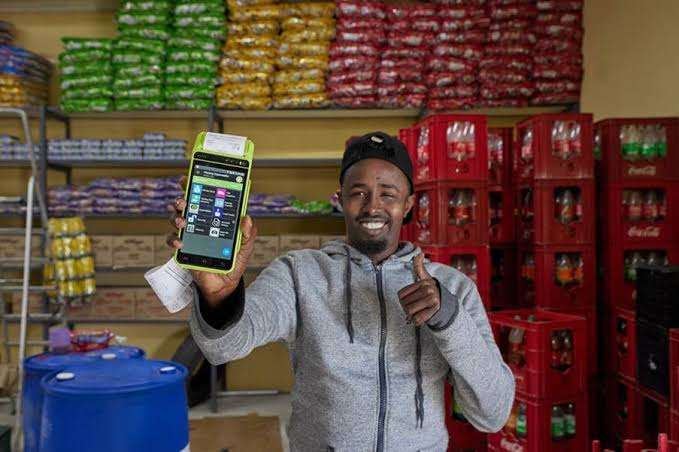Across Africa, an infrastructural shift is underway. The rise of fintech payment gateways are reshaping how the continent sends, receives, and manages money.
These fintech payment gateways are solving the fundamental question of trust and reliability in African payments, and they are becoming the financial rails of an increasingly digitised economy.
And at the centre of this evolution are the users: entrepreneurs, merchants, freelancers, and digital platforms who depend on them daily.
What Gateways Actually Do And Why They Matter
Fintech payment gateways are often mistaken for ‘just another checkout plugin.’ In Africa, however, they represent far more than technical connectors between bank accounts and ecommerce sites.
With over 54 countries, multiple currencies, and inconsistent banking infrastructure, African businesses have long needed tools that unify payment experiences, whether online, offline, mobile, or in-store.
“I stopped relying on banks. The moment we switched from manual bank transfers to Flutterwave, our customer satisfaction improved dramatically,” says Amina Babalola, an online fashion brand owner in Lagos.
“Before, customers would complain about failed transfers. Now, everything is seamless, and we even accept international cards.”
Amina’s story is not uncommon. For businesses like hers, gateways are not an added convenience, they are a survival layer.
Reliability and Trust
According to Sade Fatai, where these fintech payment gateways truly differentiate themselves is in the reliability of their systems and the perception of trust they’ve built.
“These platforms let my customers pay straight from their bank app without needing to swipe. It’s a game changer for people who don’t want to carry cards around,” Sade said.
Khadijat Bello, who runs an online perfume store also said these platform’s track record influenced her decision to integrate with them.
“What really influenced my decision was the consistency and credibility they’ve built over time,” said Khadijat Bello. “As a small business owner, I need to know the systems I use won’t fail when it matters most. Their track record gave me that assurance.”
Why This Moment Matters
These user stories, according to experts, underscore a broader truth: Africa’s fintech payment gateways are not just financial tech; they are economic infrastructure.
As cross-border ecommerce grows and financial services become more embedded, the need for nimble, interoperable payment solutions will only intensify.
Platforms like Klasha, DPO Group, and Cellulant are also making moves, expanding into logistics, B2B payments, and even crypto rails.
But the sector still faces challenges. Industry analysts say regulatory clarity, currency volatility, and the uneven pace of mobile money adoption remain a challenge for Africa.





